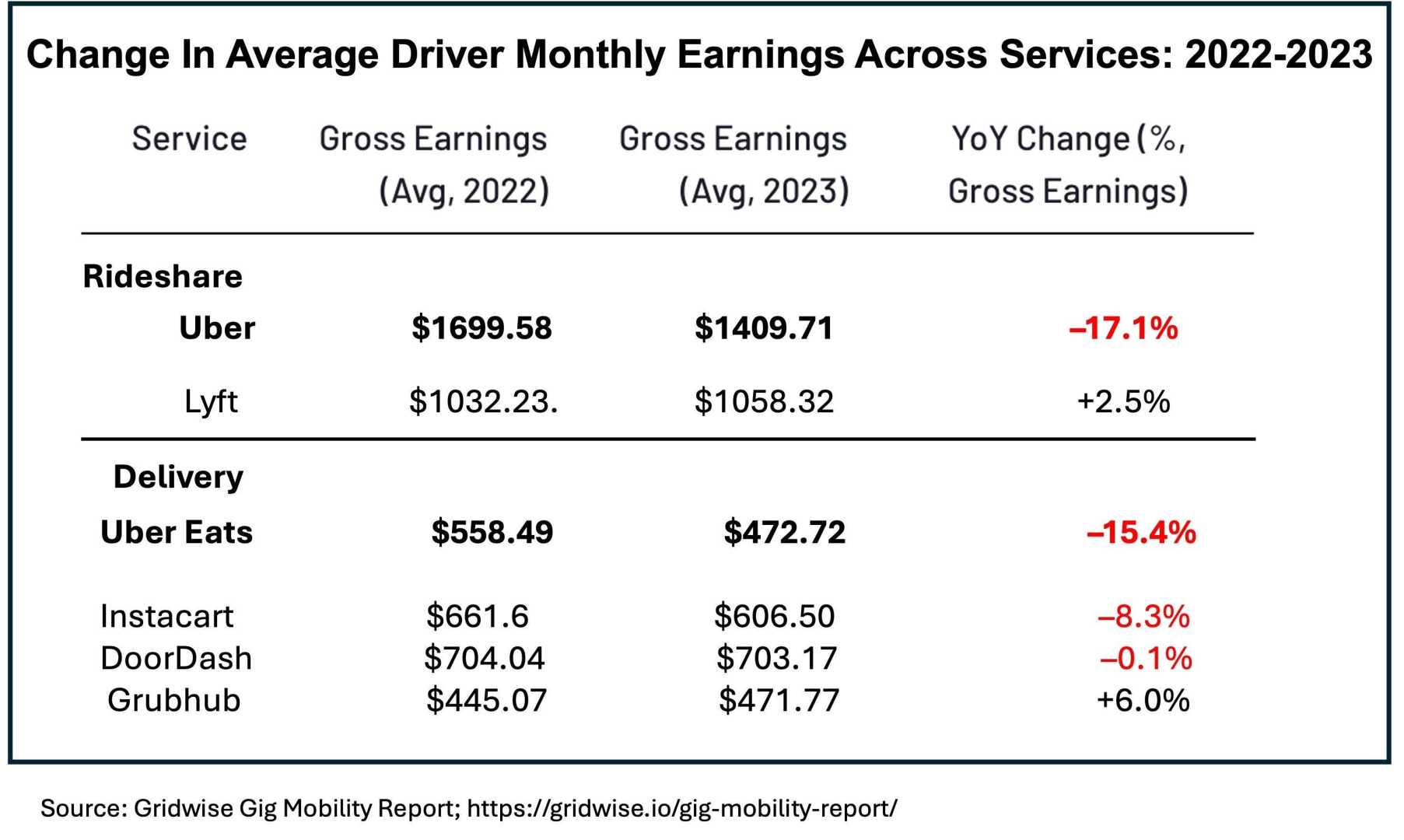Business
Uber Faces Legal Action Over AI-Driven Pay System for Drivers

AMSTERDAM, Netherlands – Uber Technologies Inc. is facing legal demands to halt its AI-driven pay systems, which have reportedly lowered driver earnings significantly. The Worker Info Exchange (WIE), a non-profit foundation, sent a letter before action to Uber on Wednesday, claiming the company has violated European data protection laws.
WIE Director James Farrar stated, “Uber has leveraged artificial intelligence and machine learning to implement deeply intrusive and exploitative pay-setting systems that have damaged the livelihoods of thousands of drivers.” He emphasized the goal of the collective action is to secure fairer working conditions and hold Uber accountable for the alleged harm caused by its practices.
The proposed legal case is likely to be filed in Amsterdam, where Uber’s European base is located. This legal move follows a summer partnership between WIE and Oxford University that studied the impact of Uber’s new dynamic pricing algorithm introduced in 2023.
According to the research, Uber’s dynamic pricing policy has led to stagnant average pay per hour for drivers, with some reports noting a decline in real earnings since its implementation. This pricing model adjusts drivers’ pay in a manner that is not always transparent.
Farrar remarked that drivers’ personal data has been used without proper consent to train these algorithms, leading to unpredictable earnings, which complicates financial planning. He stated, “Drivers are entitled to demand that Uber revert to transparent pay-setting processes involving human oversight.”
In response, Uber characterized the WIE’s claims as misleading, asserting that drivers choose the platform for its flexibility and transparency. An Uber spokesperson noted, “The study relied on incomplete and selective data,” and insisted that many drivers continue to work for the company successfully.
The WIE intends to escalate the matter by filing a collective claim in the Netherlands if Uber does not comply with its demands. The development is significant, raising questions about the future of algorithm-driven pay structures in the ride-hailing sector.












